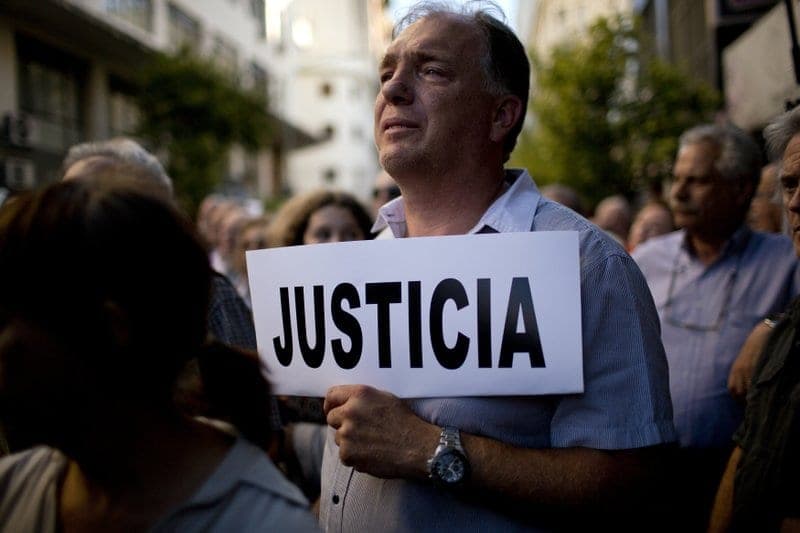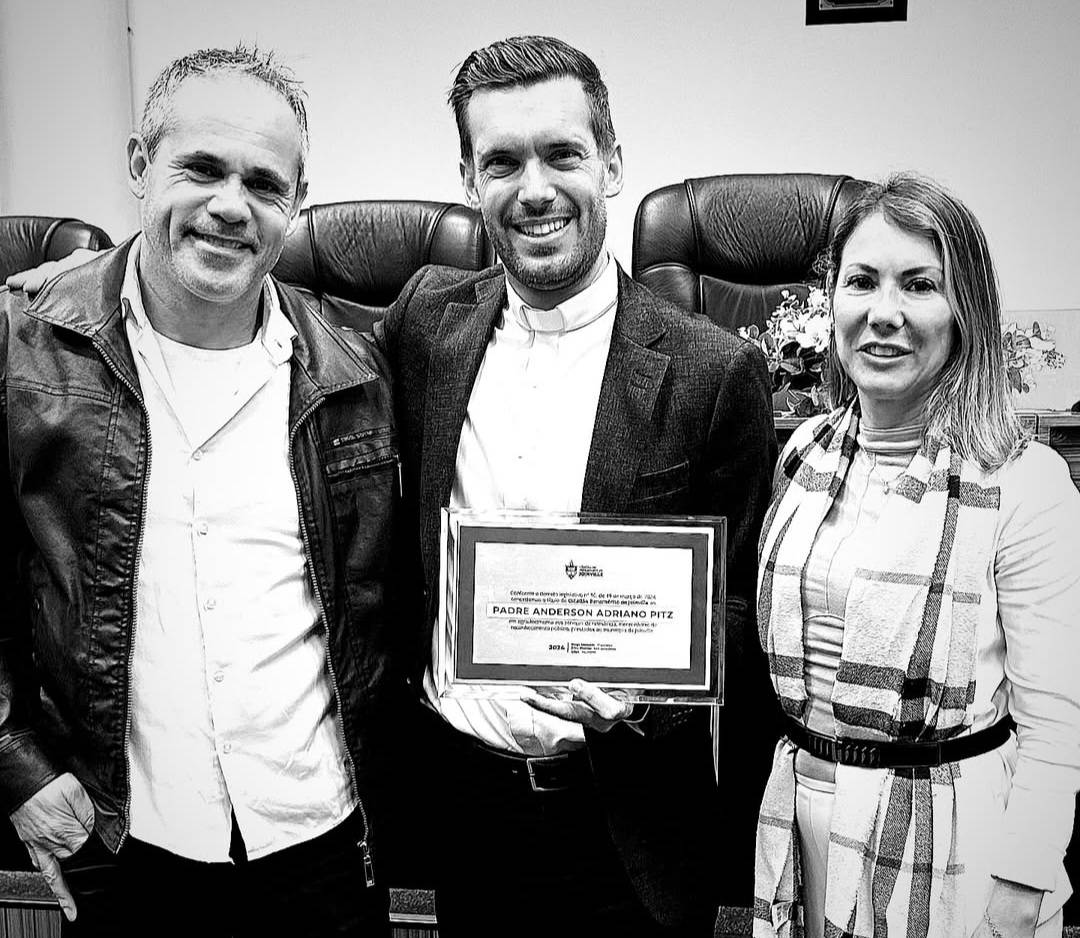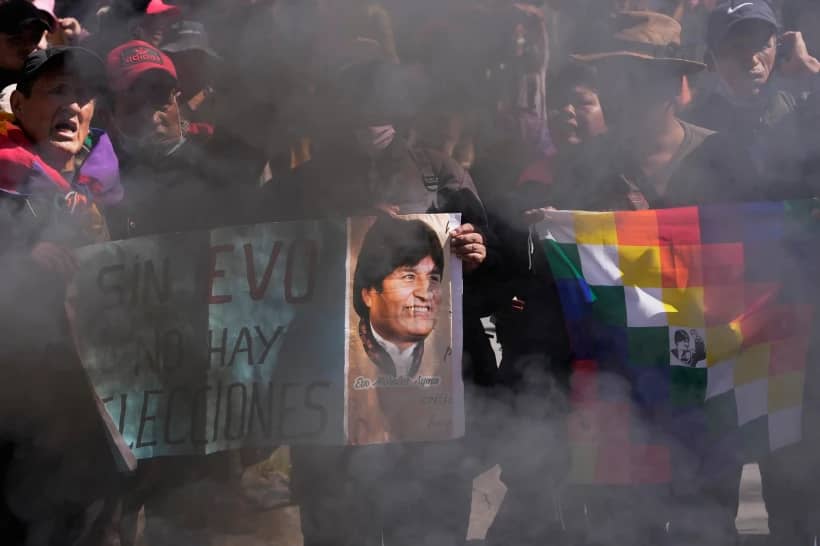SANTA FE, Argentina – A 1994 terrorist attack on a Jewish center in Buenos Aires, Argentina, that left 85 people dead was an “act of madness,” according to Pope Francis.
The pontiff’s words came in a letter to Jorge Knoblovits, the president of the DAIA, the Delegation of Argentine Israeli Associations, marking the 25th anniversary of the bombing.
Francis said these acts are not limited to his home country of Argentina, but that all over the world there are people whose lives and hopes have been “truncated” in the name of religion.
“This ‘piecemeal third world war’ knows no borders, and has shown its cruel face from the East to the West,” Francis wrote.
He said this conflict has “turned wives into widows, sons and daughters into orphans, and all in the name of God, blaspheming the name of God.”
He closed the letter with what amounts to a marching order: “It’s true that God has created us equal in rights, but he also did so in obligations and dignity. Peace should not be only our right; its construction should be our obligation.”
The anniversary of the attack on the Asociación Mutual Israelita Argentina (AMIA) is next week, July 18, but the letter, hand-signed by Francis, was sent on July 10.
On October 25, 2006, Argentine prosecutors Alberto Nisman and Marcelo Martínez Burgos formally accused the government of Iran of directing the bombing, and the Hezbollah militia of carrying it out. Four years ago, Nisman presented a 300-page report accusing then-President Cristina Fernandez de Kirchner of covering up Iran’s role in the attack.
Nisman was murdered hours before he was due to testify against Kirchner, which the Federal Court of Buenos Aires called a “direct consequence” of the prosecutor’s accusations against the former president. His crime remains unsolved.
Argentina is home to a Jewish community estimated to number between 180,000-220,000. It is the largest in Latin America.
Next week, there will be several events to remember the AMIA attack, and among those who’ve sent messages marking the anniversary is Archbishop Oscar Ojea, President of the Argentine bishops’ conference.
“We want to be close to the relatives [of the victims] on this day and at the same time assure you of our prayers,” Ojea said in a video shared on Twitter by DAIA. “Once again, we make a personal commitment to avoid all kinds of discrimination: Racial, social, religious or cultural, which denigrate the integrity of the human person, making a healthy coexistence impossible.”
This coexistence, he said, is the foundation for peace.
“We believe that in these 25 years we have worked in interreligious dialogue, we have gotten to know each other better,” he said. “Our commitment is to be very close to all our Jewish brothers on this day.”
Then-Cardinal Jorge Mario Bergoglio played a key role in those dialogue efforts, even co-hosting a TV program called Biblia, dialogo vigente (Bible, current dialogue) with Rabbi Abraham Skorka, who accompanied the Argentine pontiff during his trip to the Holy Land in 2014.
In 2010, Bergoglio visited AMIA as president of the local bishops’ conference. During that visit, he defined the attack as “one more link in the chain of pain and persecution that the chosen people of God have suffered in history.”
In his letter to DAIA, Francis wrote that as was the case in 1995, the first anniversary of the terrorist attack, every July 18 “my heart accompanies the relatives of the victims, both Jewish and Christian. And from the first day I ask God for the eternal repose of those who lost their lives in that act of madness.”
Francis also stressed that “it is not religion that incites and leads to war, but darkness in the hearts of those who commit irrational acts.”
According to the pope, God has called humanity to live as brothers, and that this fraternity that unites peoples from all over the world goes beyond any geographical or ideological boundary.
In this sense, the pope urged that “this awareness” of “being brothers, together with the values of respect and tolerance, be transmitted to the next generations.”
In February, Francis welcomed a group of 40 religious leaders from Argentina to Rome. The group included Knoblovits. During the meeting, the pope reportedly approached the Jewish leader and said fostering unity among the Jewish people, with a focus on young people, was an essential task of the institution.
This is not the first time that the pope has sent a message to Argentina marking the anniversary of the terrorist attack. In 2014, on the 20th anniversary of the tragedy, Francis sent a message expressing his hope that “justice is done.”
Terrorism, he said at the time, is a madness that only knows “how to kill. It doesn’t know how to build, it destroys.”
Follow Inés San Martín on Twitter: @inesanma
Crux is dedicated to smart, wired and independent reporting on the Vatican and worldwide Catholic Church. That kind of reporting doesn’t come cheap, and we need your support. You can help Crux by giving a small amount monthly, or with a onetime gift. Please remember, Crux is a for-profit organization, so contributions are not tax-deductible.

















